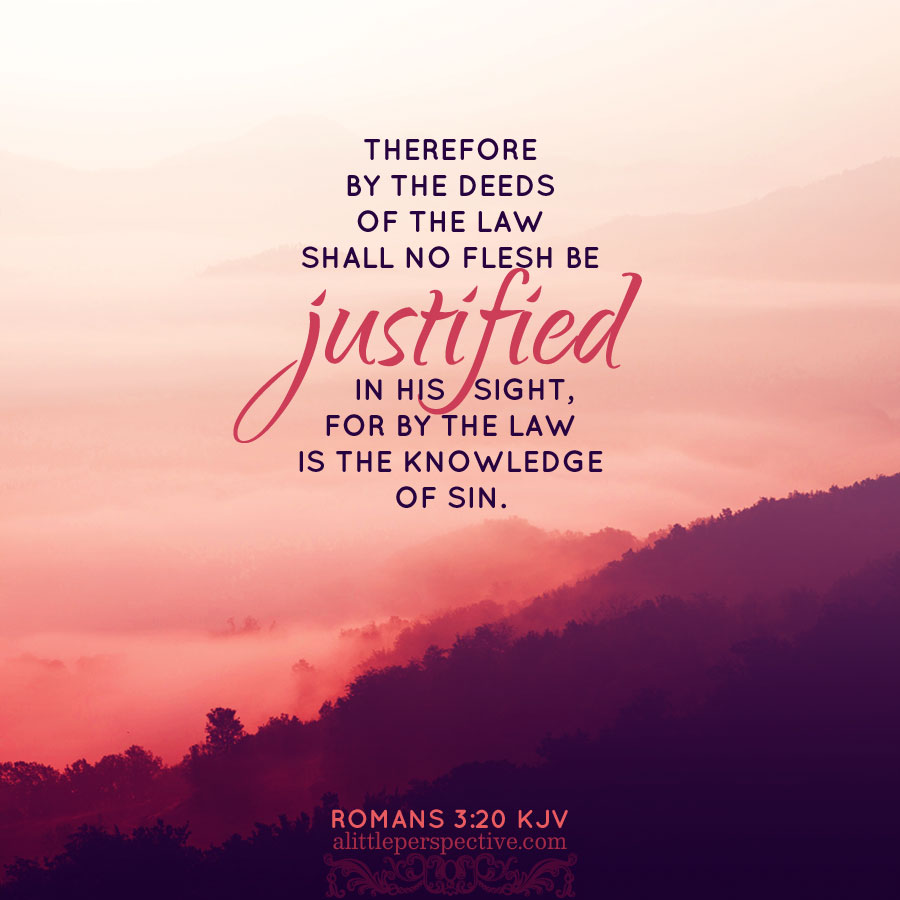the righteousness that is of faith 22 sep 2014
Doesn’t Paul teach that the righteousness that is by the Law condemns us? YES!
Paul teaches that righteousness, which is “right standing before God,” can only be had by faith in Jesus Christ through grace! By works of the Law (read: obedience to the Law) no flesh will be justified in His sight (Rom 3:20). The righteousness which is of God — through faith in Jesus Christ — has now been manifested apart from the Law (Rom 3:21-22), and God’s righteousness — the righteousness which is of faith — both the Law and the Prophets bore witness to (Deu 9:4-6, Isa 45:24-25, Isa 61:10).
Paul also says that the Gentiles attained righteousness (right standing before God, Rom 9:30) by faith in Jesus Christ, but Israel did not attain right standing before God, because they pursued God’s righteousness as if it could be had by works of the Law (Rom 9:31-33), and not by faith.
Paul furthermore says that Israel did not know about the righteousness which is by faith, even though the Law and the Prophets witnessed to it (Rom 10:3)! So Israel sought to attain to self- righteousness (“seeking to establish their own”,Rom 10:3), which disqualified them for God’s righteousness. “For Christ is the end of the law for righteousness to everyone who believes,” (Rom 10:4). This scripture does not say that Christ ended the Law; it says that Christ is the end — the goal — of the Law for righteousness. In other words, the Law teaches that it is the Messiah to come who would bring righteousness.
Paul goes on to say that if righteousness (right standing before God) can be had by obedience to the Law, then Christ died needlessly (Gal 2:21)! Furthermore, Paul counts as rubbish a righteousness which is of his own (work) derived from (obedience to) the Law (Phi 3:8-9). Paul is saying that righteousness – right standing before God – cannot be attained by works of obedience to the Law. We already saw that Moses and the Prophets agree with him; and so does Jesus (Mat 5:17-20)!
“For I say to you, that unless your righteousness exceeds the righteousness of the scribes and Pharisees, you will by no means enter the kingdom of heaven.” Mat 5:20
The scribes and the Pharisees misunderstood Moses, I am convinced, which is why they were at loggerheads with Jesus so often. The scribes and the Pharisees were trusting in their own self- righteousness through obedience to the Law in order to gain right standing before God. This is why Jesus said that those who enter the kingdom of heaven must have righteousness which exceeds that of the scribes and the Pharisees. In other words, we need to have a righteousness which exceeds self- righteousness. I thank God for His righteousness which is had by grace through faith in Jesus Christ, it certainly exceeds my own!
The Law, the Prophets, Jesus, and the apostles all agree, and all preach right standing before God through faith, not obedience to the Law. Then do we need obedience to the Law? Yes (Mat 5:19)! But not for right standing before God. Just because the Law is perfect and righteous (Rom 7:12), does not mean that it produces right standing before God in those who obey it (Heb 7:19). Right standing before God was never the Law’s purpose (Gal 3:21-22)! What then was its purpose? The answer to this question is truly fascinating!
God’s word gives life to those who find it 24 sep 2014
written on hearts instead of stone 25 sep 2014
law or torah 26 sep 2014

















Actually Matthew 5:20 is referring to what the scribes and Pharisees had written and taught concerning how to be righteous and not to what the Law aid on this topic.
It was their teachings (the Talmud) which Jesus denounces in verse 19.
The Talmud claimed to explain the Scriptures but it actually taught disobedience to the Scriptures. (Verses 18-20)
Jesus then cites six examples of the way in which the scribes and Pharisees perverted what God had actually said in their teachings on righteousness. Those six examples of perverted teachings are found in verses 21, 27, 31, 33, 38, and 43.
For example, when someone asks Jesus “But who is my neighbor?” that question is based on “the righteousness of the scribes and Pharisees” and not upon “the Law or the Prophets”.
Thank you for adding to the discussion James. May God bless you in Yeshua.